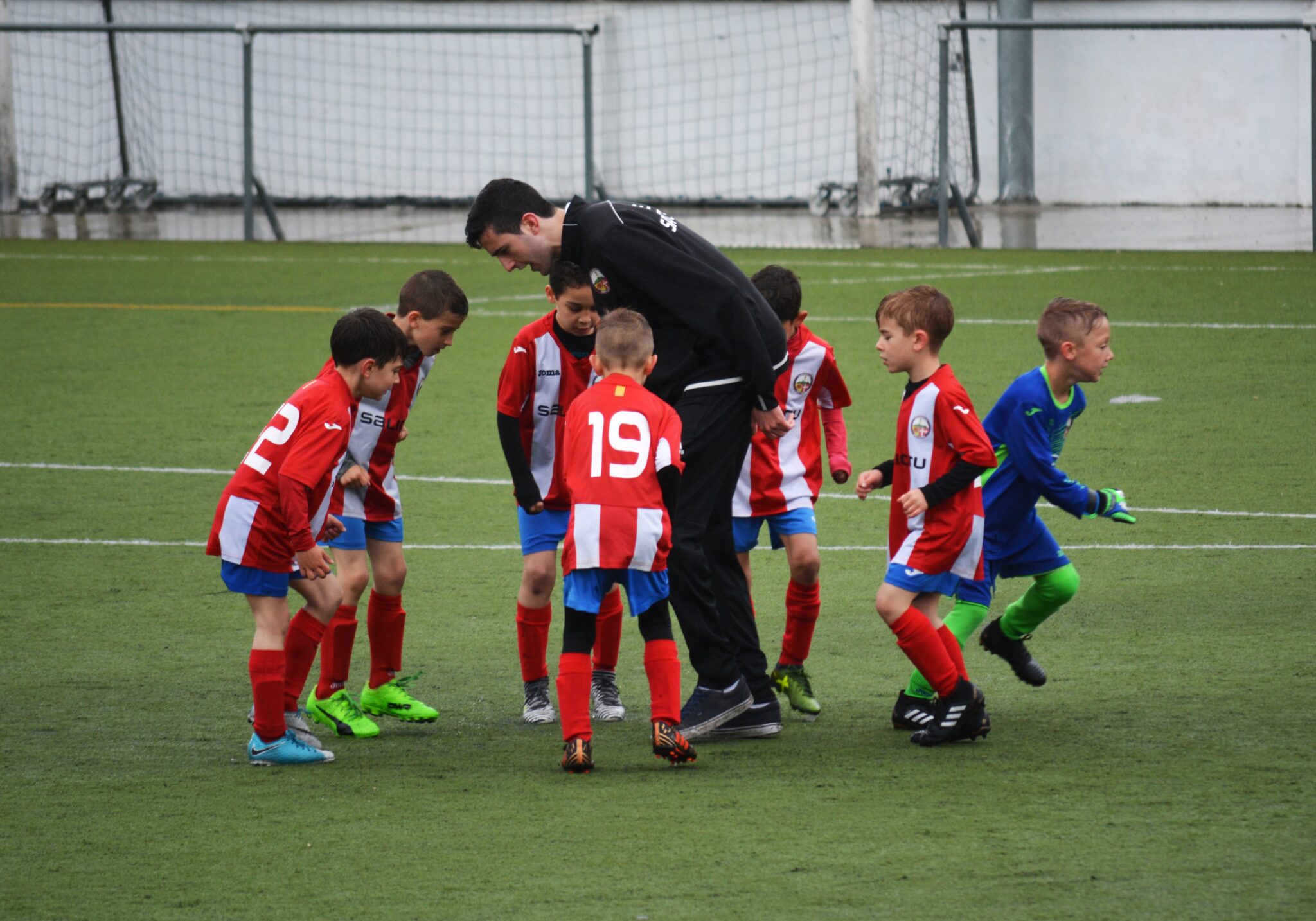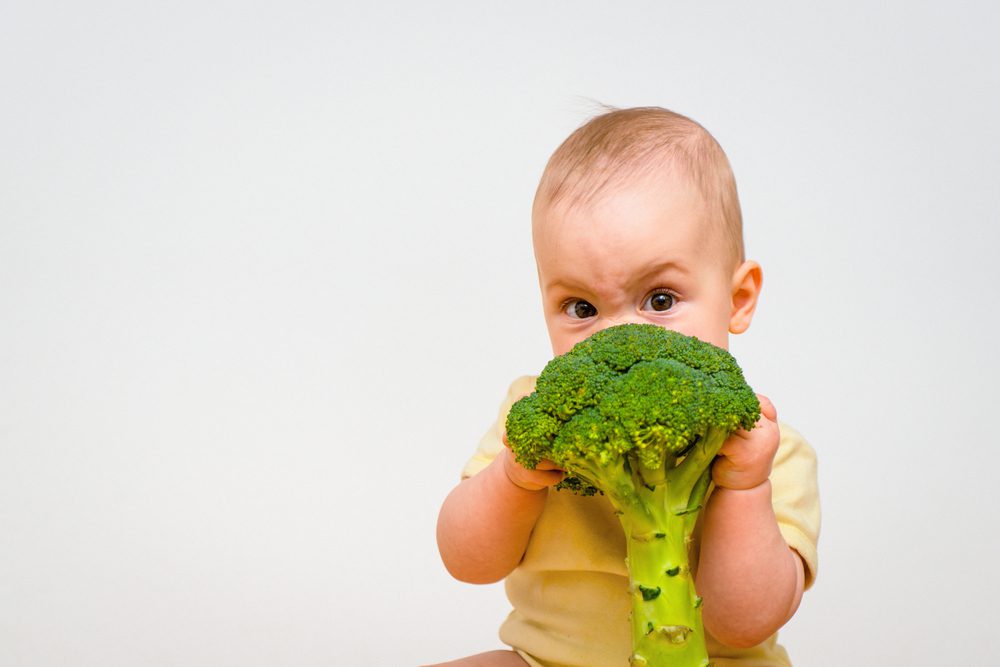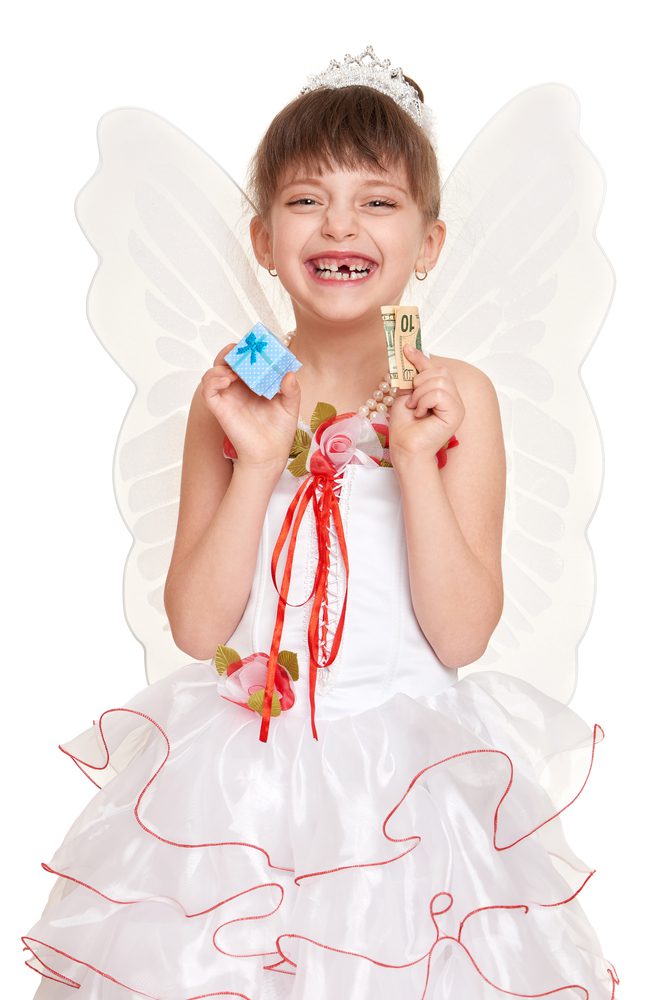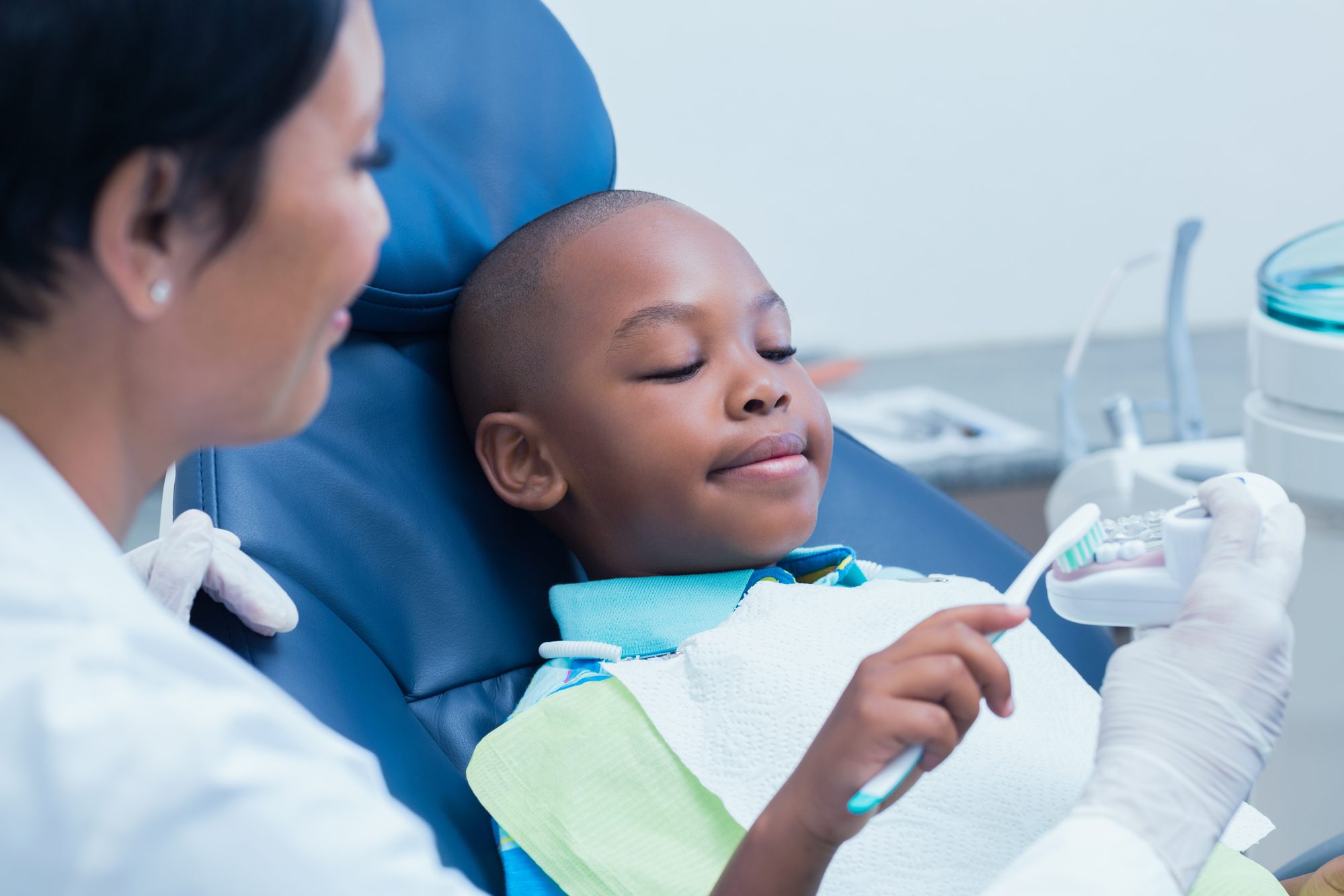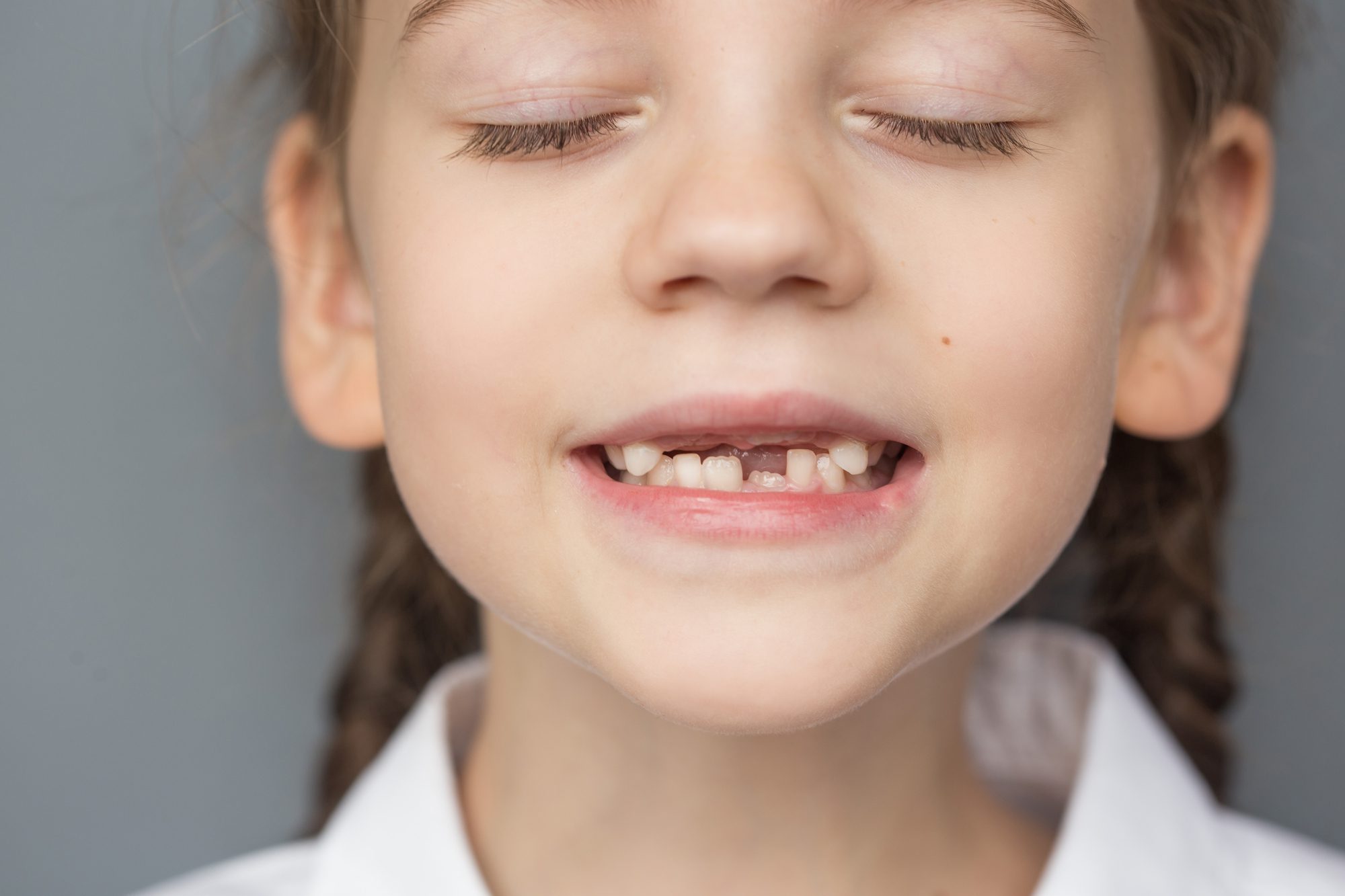Although sports are a beneficial tool that helps children develop physical, social, and emotional skills, you may be surprised to discover that athletes tend to have more dental-related issues than their peers.
However, the purpose of this blog is not to discourage children from avoiding staying active. Instead, we want to shed light on the connections between athletes and poor oral health. So, young athletes and their families can have foresight in saving their children’s teeth from potential cavities, gum disease, and other damage.
Cavities and Inflamed Gums Among Athletes
Despite brushing and flossing their teeth more frequently than the general population, professional athletes have higher rates of oral disease. The athletes surveyed still suffered from higher rates of gingivitis and untreated tooth decay in defiance of good oral health-related habits, such as:
- Eating a balanced diet
- Brushing teeth regularly
- Visiting the general dentist
While this may sound surprising, the suspected culprit is not: regular use of sports drinks, energy bars, and energy gels. Commonly consumed during training and competition, these products are laden with sugar and are highly acidic. Therefore, higher levels of tooth decay and acid erosion are likely to occur.
Thankfully, the solution to avoiding these problems is simple. We encourage children to reduce their sugary sports drink intake. Instead, opt for replenishing with the tide and true beverage at practices, games, and tournaments: water.
Protect Against Traumatic Accidents with a Mouthguard
Does your young athlete need a mouthguard? Because all sports pose a risk of injury, we recommend kids to wear mouthguards for any activities that endanger their smiles. For example, wearing a mouthguard would be wise if your child plays a contact sport with a higher chance of impact incidents involving the head or face.
When mouthguards are not worn, the overall risk of an orofacial injury is up to 1.9 times higher than when a mouthguard is not worn. Also, mouthguards can provide additional protection during sports and dramatically reduce dental injury rates by:
- Preventing fractures in the teeth and jaws
- Providing soft tissue protection
- Giving support by filling in missing teeth spaces
- Potentially reducing the incidence and severity of concussion
Avoid Demineralization by Addressing Dry Mouth (Correctly)
Whatever the sport, most athletes complain about dry mouth. Physiologically, saliva secretion decreases or interrupts due to a combination of factors, including:
- The stress of sports
- Thermogenesis (heat formation)
- Buccal respiration (gulping air through the mouth)
Although young athletes can expect dry mouth during a game, dry mouth tends to increase the rate of demineralization. Otherwise known as decalcification, demineralization occurs when the teeth lose calcium and phosphate. Without adequate saliva, a dry mouth remains acidic for a long time and causes the enamel to break down over time. Generally, this is the first sign of tooth decay and can showcase as white spots on the enamel.
Thankfully, we can recommend dental products, and home care routines to reverse the signs of demineralization white spots. However, it’s best to avoid decalcification altogether by frequently rehydrating with water.
Protect Your Young Athlete’s Oral Health with Dr. Matt
At Smiles Dentistry for Kids, Dr. Matt encourages children and their parents to be proactive about oral health choices so that everyone can smile more on and off the field. Book a children’s dental appointment in Overland Park, KS, to learn how to optimize your child’s oral health. Call (913) 685-9990 or message us online today.
